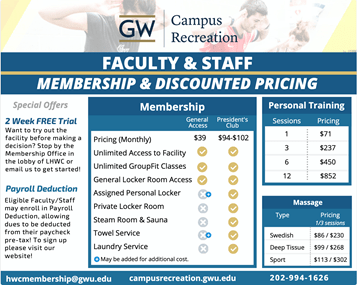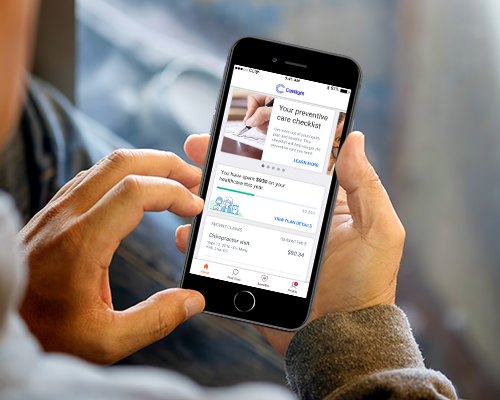Get Some Headspace
Over 1,000 of you have signed up for Headspace totaling over 30,000 meditation minutes logged as a community! This month we invite you join a friendly meditation challenge either with yourself or with a group of colleagues. Each day focuses on a way to incorporate mindfulness, such as limiting the…

















